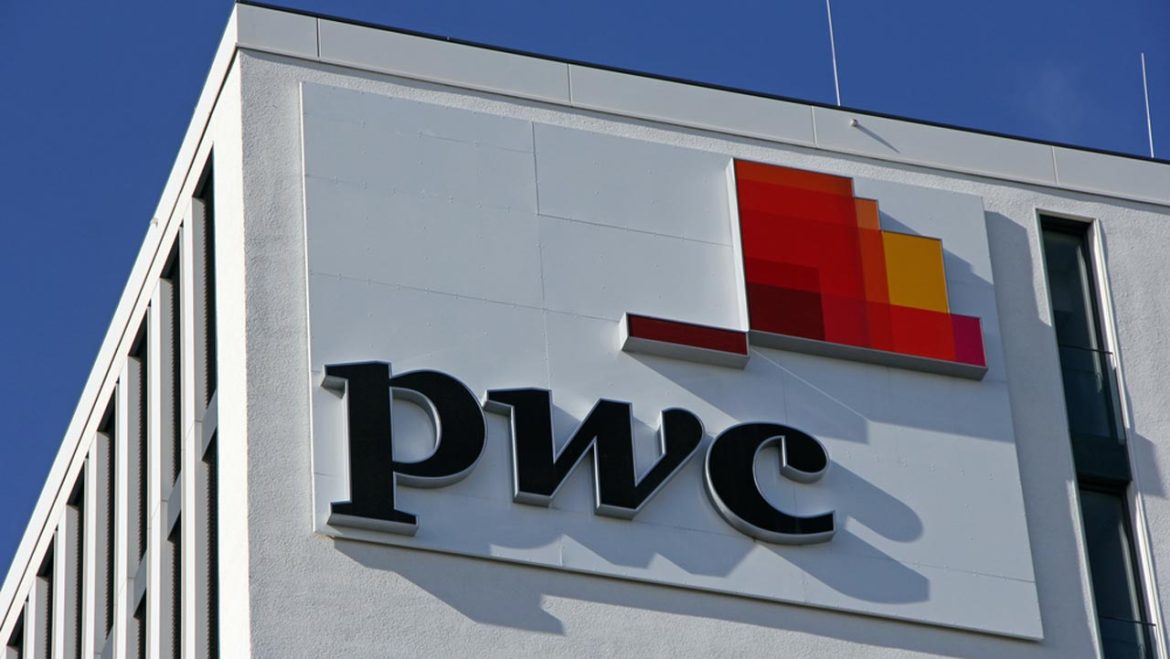299
Daniel Adaji
Nigeria risks a sharp drop in foreign exchange inflows if the United States proceeds with mass deportations of Nigerian migrants and revises key trade policies, a new report by PricewaterhouseCoopers (PwC) has warned.
The report “Global Economic Policy Changes and Implications for Nigeria” links Nigeria’s vulnerability to expected shifts in United States trade policies under President Donald Trump, including higher tariffs and possible sanctions.
The document, released by Strategy&, PwC’s strategy consulting division, cautions that these developments—especially under a second Trump administration—could significantly disrupt Nigeria’s economic stability.
A recent Central Bank of Nigeria (CBN) report revealed that Nigeria posted a $6.83bn balance of payments surplus as Diaspora remittances surged to $20.93bn as of April.
“Reduced remittance inflows from large-scale deportations of Nigerian workers in the U.S. could put pressure on household spending and Nigeria’s fiscal stability,” the report said.
Remittances from Nigerians in the diaspora, particularly from the United States, remain a vital source of foreign exchange and support for millions of households. Any sudden decline, PwC warns, could deepen poverty levels, shrink consumption, and worsen the country’s balance of payments.
The report also flags the possible expiration of the African Growth and Opportunity Act (AGOA)—a U.S. trade programme that allows duty-free exports from sub-Saharan African countries. Nigeria, one of the largest beneficiaries of AGOA, exported $1.76bn worth of goods to the U.S. in 2024 alone, second only to South Africa.
“If AGOA benefits are not renewed, Nigeria could lose significant trade privileges,” the report said, adding that such a development could impact crude oil, agricultural, and manufactured exports. This, it notes, would further reduce the country’s foreign exchange earnings and global competitiveness.
Aside from remittance and trade losses, the report outlines other looming threats. It warns of potential U.S. crude oil import bans or sanctions, global supply chain disruptions triggered by U.S. tariffs, and increased costs for fuel and machinery imports—factors that could trigger hyperinflation.
A suspension of U.S. aid to Nigeria could also have serious consequences for public services like healthcare, education, and infrastructure, according to PwC.
Adding to the pressure is the risk of oil price volatility. A surge in U.S. domestic oil production could flood the global market, drive prices below Nigeria’s budget benchmark, and slash government revenues. This would likely devalue the naira and drive up borrowing and capital flight.
Despite the grim outlook, PwC sees a path forward.
“If Nigeria secures new preferential trade agreements or AGOA is renewed and strengthened, export volumes and foreign exchange inflows could improve,” it said.
Improved U.S.-China relations or relaxed U.S. visa policies for Nigerians could also ease remittance flows and reduce import costs, providing some relief to the economy.
PwC urges Nigerian policymakers to take proactive steps.
“Strategic engagement with global economic shifts will be vital for Nigeria to weather these challenges and seize new opportunities,” the report stated.



